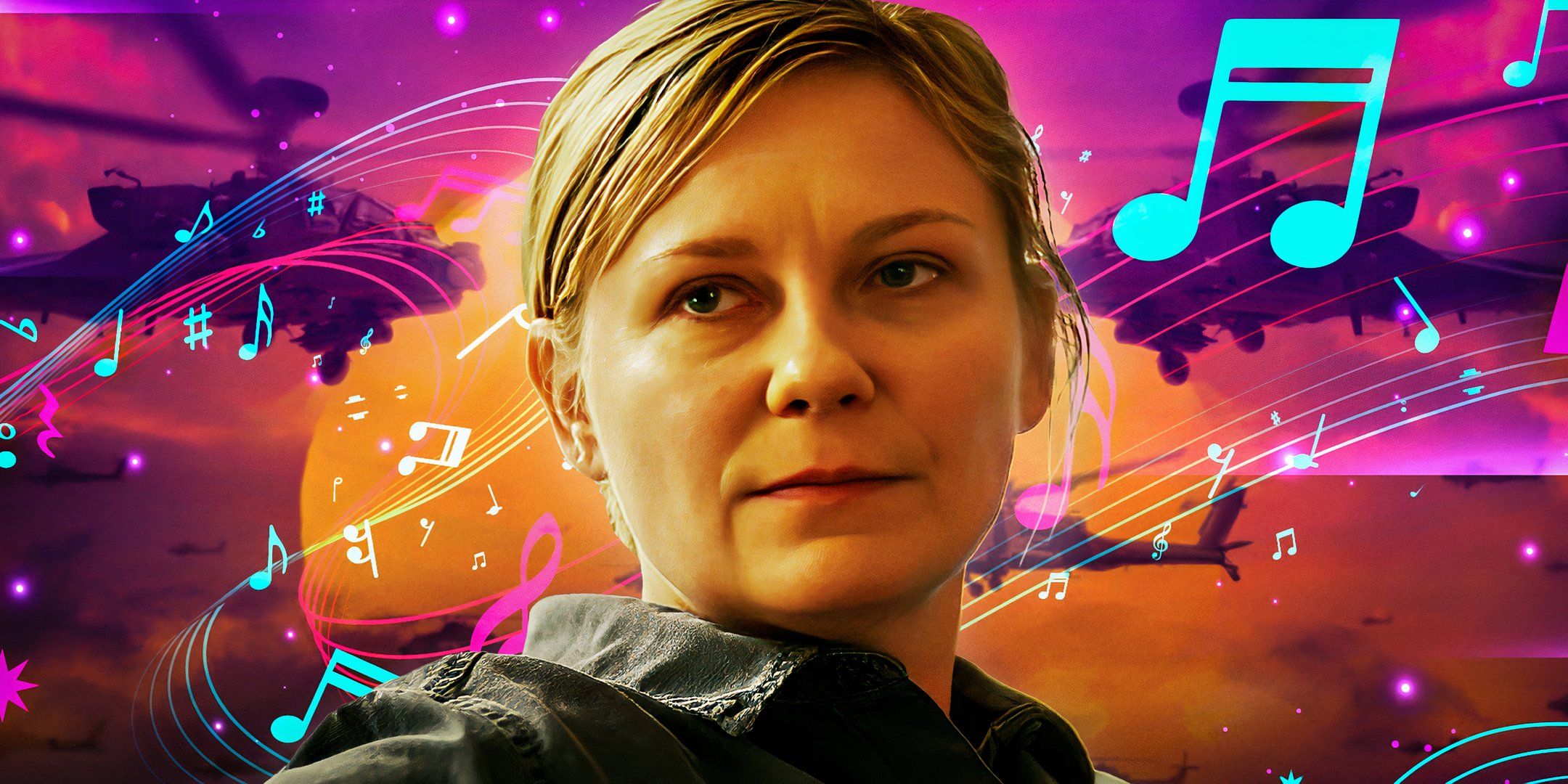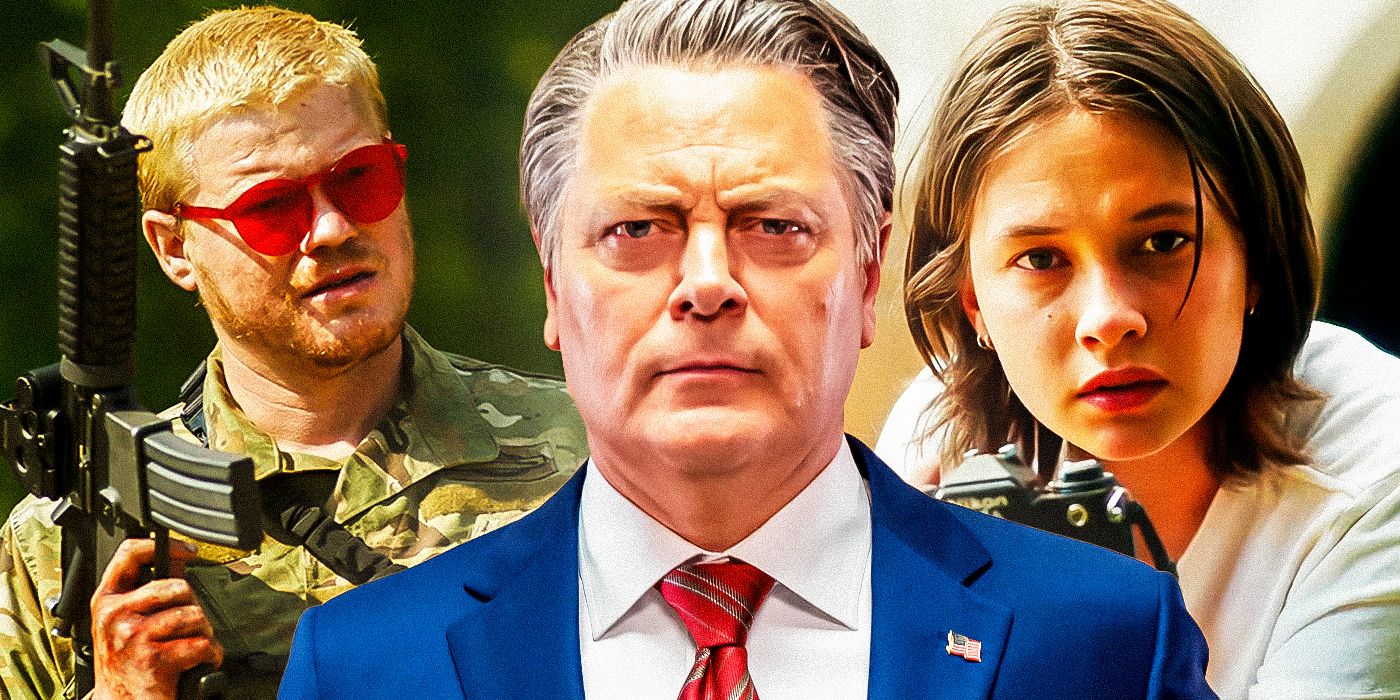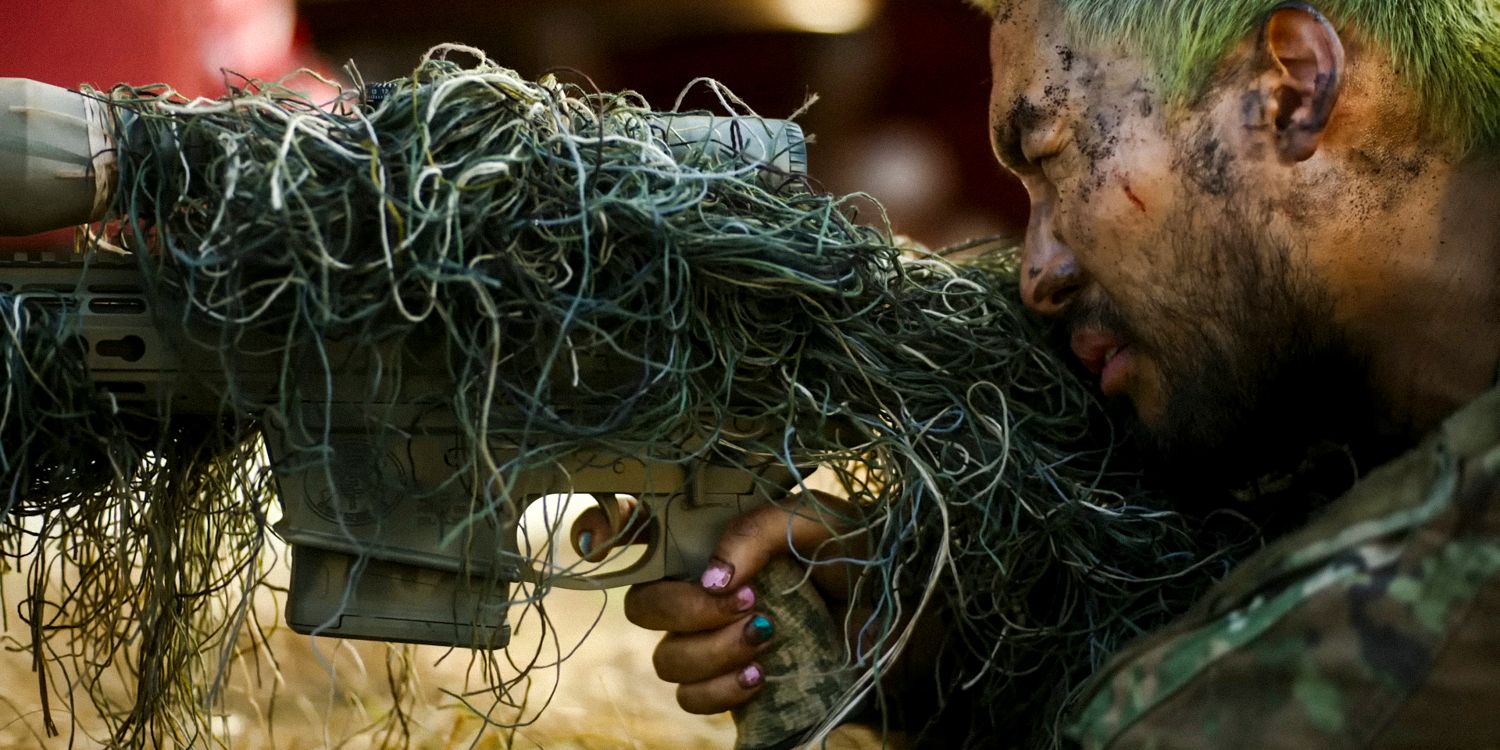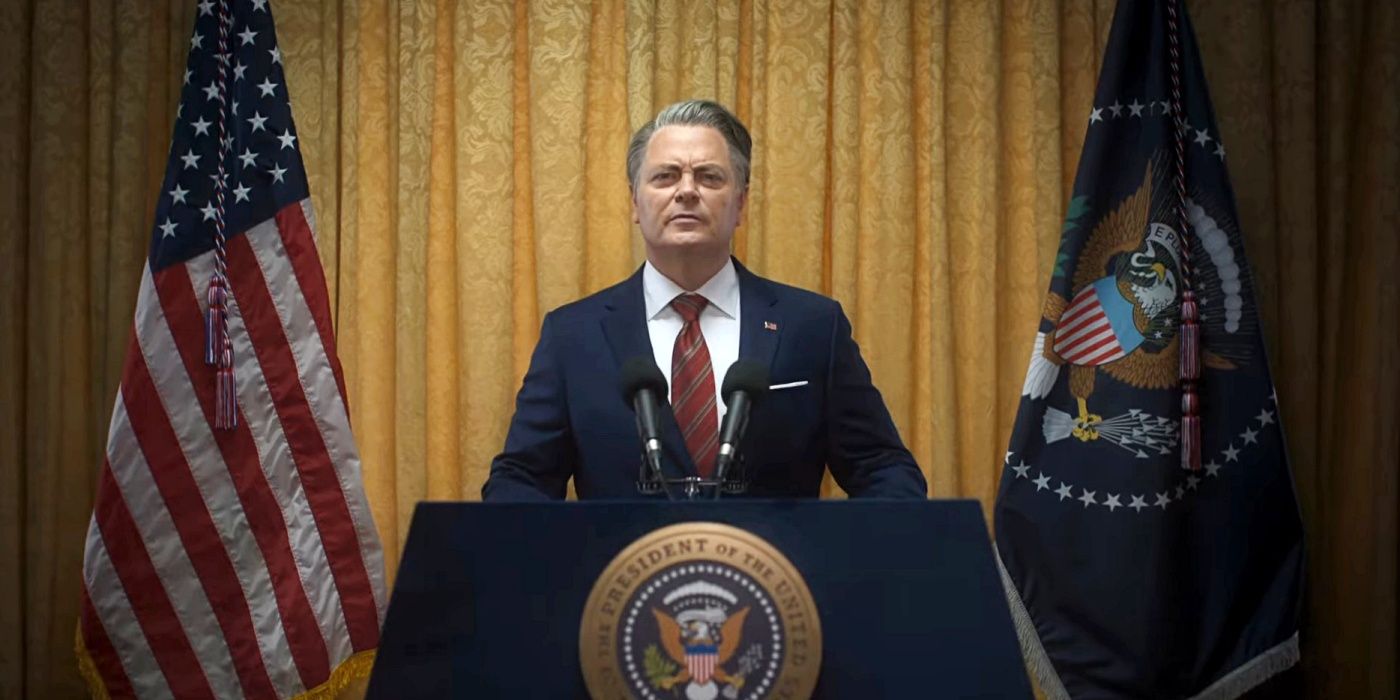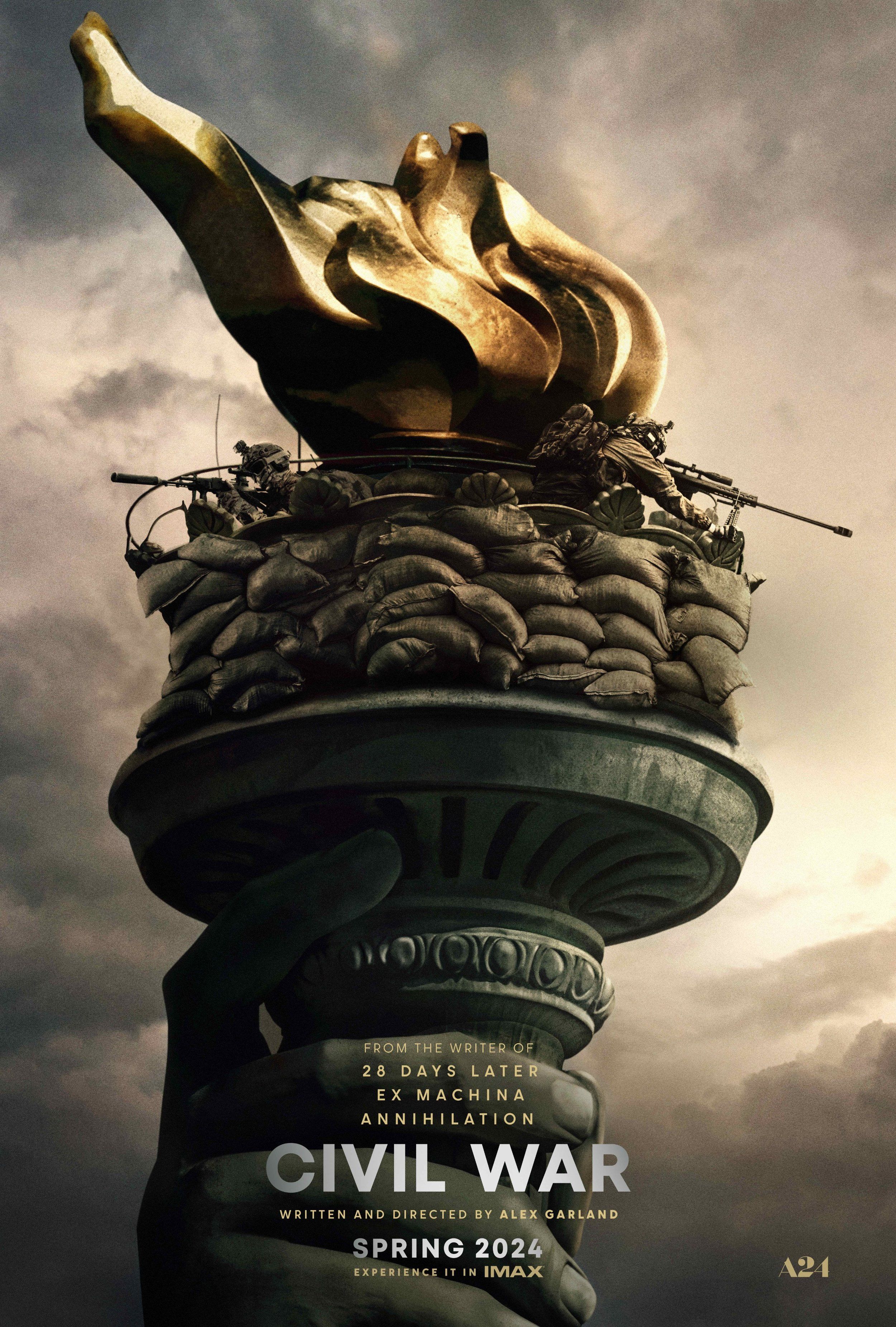WARNING: MAJOR SPOILERS ahead for Civil War.
Summary
- Civil War's central message remains ambiguous, focusing on guerrilla journalists and a sense of victory against a fascist government.
- The film lacks a clear thesis on how the US reached its extreme internal conflict, instead prioritizing survival tactics over political ideology.
- Journalists in Civil War must navigate moral complexities, becoming emotionally detached to capture the harsh realities of war.
A24's new action blockbuster Civil War has a somewhat ambiguous central message. The Alex Garland (Ex Machina, 28 Days Later) film explores a fictional near-future scenario in which the United States has been divided into several factions that fight against a totalitarian government led by a fascist president. While the specific cause of Civil War's conflict is left intentionally unclear by Garland, who also wrote the screenplay for the film, the ending of Civil War arrives with a sense of victory for its guerrilla journalist protagonists. Civil War's impressive box office performance has already made it one of the highest-grossing movies of 2024.
Civil War's cast is led by Kirsten Dunst (The Power of the Dog), Wagner Moura (Narcos), and Cailee Spaeny (Priscilla). The film also features brief performances by Nick Offerman as a rogue and unchecked American president and Jesse Plemons as an opportunistic and corrupt American soldier. What is arguably missing from Garland's Civil War is a clear thesis of how the United States realistically got to this extreme point of internal conflict. The film is not concerned with the plausible details and political considerations that exist in the modern United States. Instead, Civil War skims over these foundational details to focus on the front-and-center realities of war in general, regardless of any particular motivations.
Civil War's Sniper Shootout Explains The Movie's Central Point
Civil War doesn't get into much political philosophy
The point of the scene, and the movie at large, is that the conflict throughout Civil War is about who is shooting at you, not necessarily what side you are fighting for.
There are several powerful and intense scenes in Civil War that allude to the film's main concept, but none of them are more spot on than the scene between two snipers. Moura, Dunst, Spaeny, and Stephen McKinley Henderson's characters are trying to pass through a rural road on their way to Washington D.C. when they realize that somebody with a sniper rifle is shooting at them. They are able to get out of their vehicle and rush for cover, where they encounter two other militant men, one with a sniper rifle and the other one spotting him. Naturally, Spaeny's naively curious Jessie character asks them who they are shooting at and discovers that they have no idea who the other sniper is.
The point of the scene, and the movie at large, is that the conflict throughout Civil War is about who is shooting at you, not necessarily what side you are fighting for. Typically, wars are fought under separate flags and are fueled by nationalist ideals, but Civil War doesn't get into much political philosophy to explain its conflict, which creates more of a survivalist free-for-all mentality in some of the war-torn areas. While the bigger picture revolves around the Western Forces and the Florida Alliance rebelling against the federal government and the unchecked U.S. President, much of the conflict is just about survival and not about any political ideals.
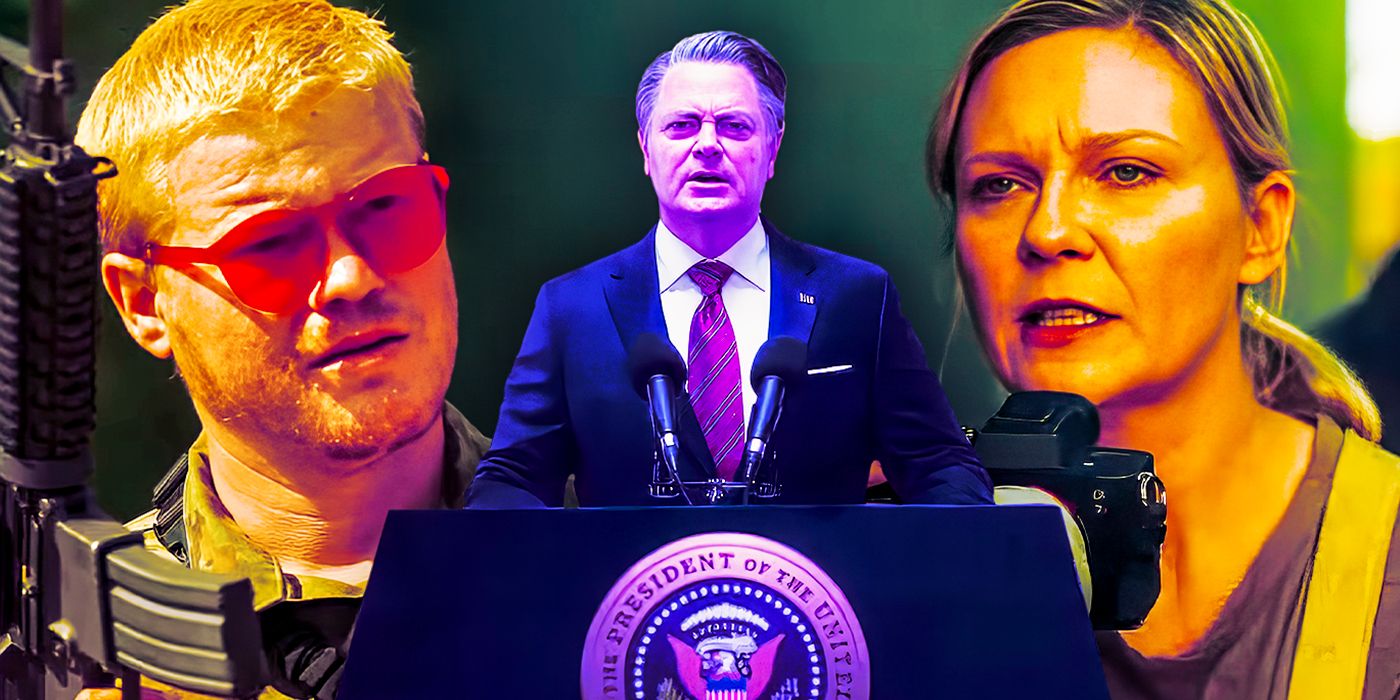
What Caused The Civil War In A24's New 2024 Movie?
Alex Garland's new A24 blockbuster Civil War makes a bold cautionary statement about a divided and war-ridden United States under fascist rule.
The President's Death Scene Explains Civil War's Political Meaning
The Western Forces and Florida Alliance aim to end fascist rule in the U.S.
Joel, like the rest of the journalists, is only invested in documenting the moments that can be sold and sensationalized through the press.
Most of Civil War is told through the eyes of the journalists, who are conditioned not to be biased about the war and to only capture tragic the realities of it. As documentarians, their job is to stay out of the conflict as much as possible so that they can capture and record real moments of the war that would otherwise go unseen. While this is the main idea of their profession, it becomes more clear throughout the film that the journalists lean more on the side of the Western Forces and the Florida Alliance, particularly because they are offered access and protection in the warzone areas from those parties.
On the other side, American soldiers under the command of Offerman's President have been instructed to kill journalists on sight, which essentially says without saying that the journalists are quietly rooting against the rise of fascism in the United States. When Offerman's President is killed at the end of Civil War, Moura's character asks for a quote moments before the fascist ruler is shot to death. The President begs, "Don't let them kill me," and Moura's Joel says, "That'll do." Joel, like the rest of the journalists, is only invested in documenting the moments that can be sold and sensationalized through the press, although if he were asked to choose, he would likely be part of the resistance.
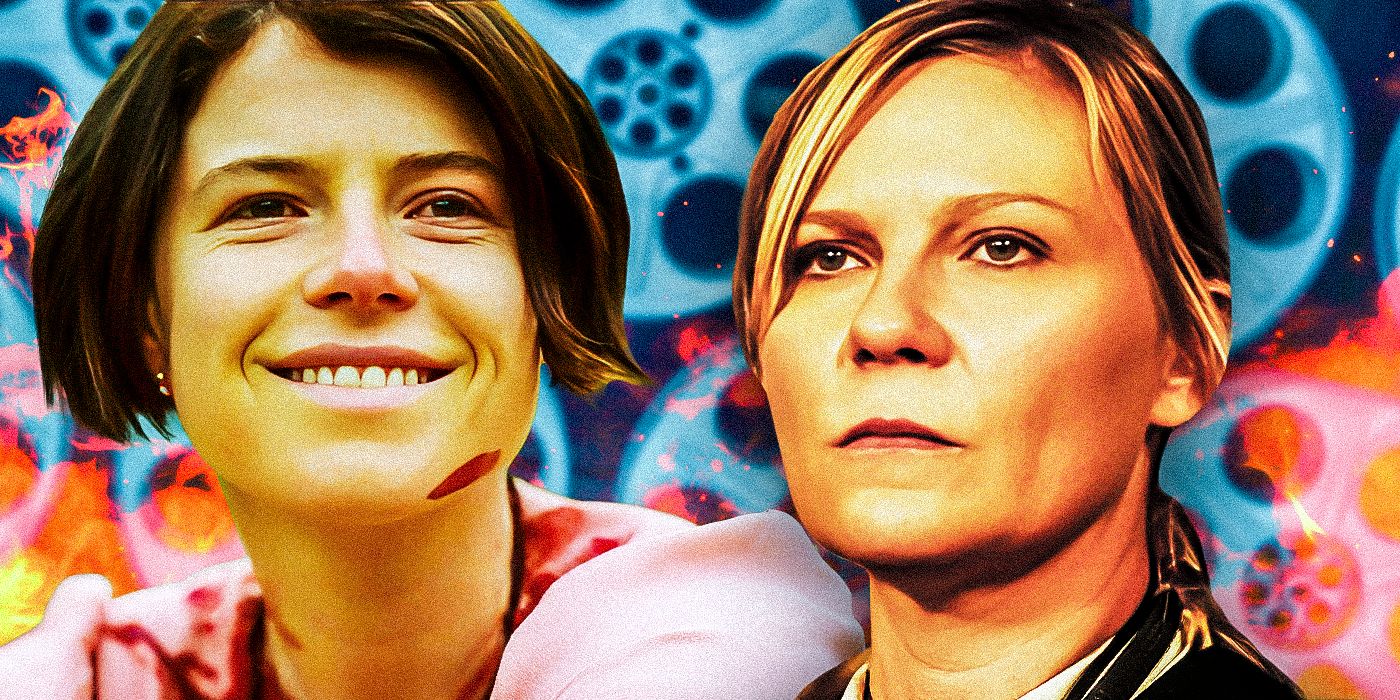
All 4 Alex Garland Movies Ranked From Worst To Best (Including Civil War)
Alex Garland has directed three films so far, each with its own unique style and story. We rank his films - Men, Annihilation, Ex Machina & Civil War.
Jessie Photographing War Explains Civil War's View Of Journalism
Jesse's innocence is completely ruined by her profession
Jessie learns throughout Civil War that in order to do her job well, she must be emotionless and essentially have no opinion on the events that are happening around her. She exercises this by photographing one of the soldiers dying as well as shooting Dunst's Lee character after she was shot and killed at the end of Civil War. Jesse's innocence is completely ruined at that moment. Her tragic maturation process is solidified when she takes the final shot of Joel and a few of the Western Forces soldiers standing over the dead president in what would theoretically be the most important photo in American history. Jesse would then become a celebrity photographer like Lee for playing a major role in shaping history through her work.


